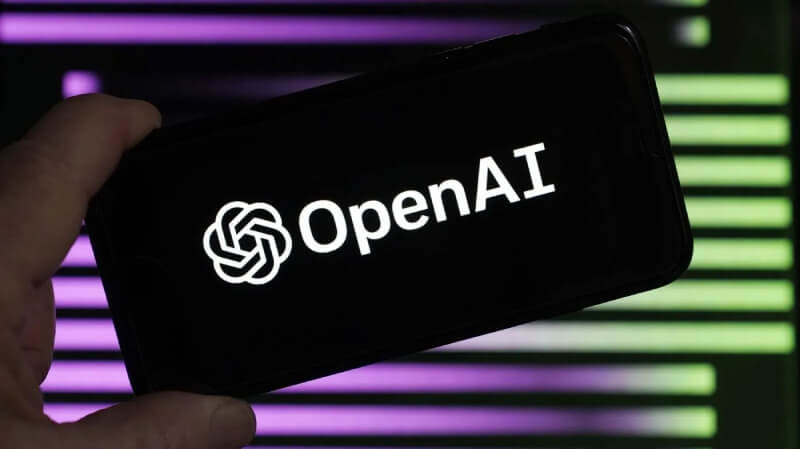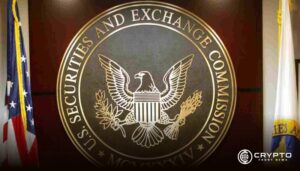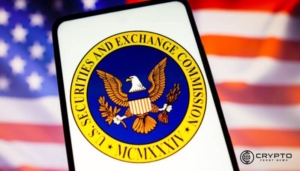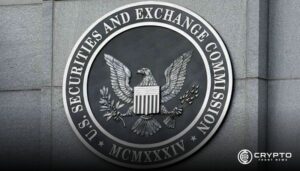- OpenAI faces SEC scrutiny over alleged restrictive agreements hindering employee whistleblowing rights.
- Senator Chuck Grassley emphasizes the pivotal role of whistleblowers in AI governance and accountability.
- OpenAI CEO Sam Altman addresses concerns over exit agreements, affirming equity security.
Prominent artificial intelligence (AI) developer OpenAI is under investigation over claims that it has silenced internal critics. In a complaint submitted to the Securities and Exchange Commission (SEC), whistleblowers charge OpenAI of enforcing unduly restrictive agreements that prevent staff members from reporting safety issues.
According to reports, these agreements contain nondisclosure and severance terms that may discourage workers from reporting irregularities to federal regulators without risking harsh repercussions.
Concerns Over Legal Violations
The whistleblowers’ letter to the SEC highlights concerns that OpenAI’s agreements breach federal laws intended to protect those who expose corporate wrongdoing anonymously and without fear of punishment. The complaint highlights a crucial problem with corporate governance and transparency, especially in tech companies where safety and ethical issues with AI technologies are very important.
In response, Hannah Wong, a spokesman for OpenAI, said that the company’s whistleblower policy allows for protected disclosures and that limiting language has been removed from exit policies. But despite OpenAI’s shift from a nonprofit devoted to AI safety to a for-profit company, the issue endures, raising concerns about its decision to put safety ahead of profits.
Government and Corporate Responses
In his comments, Senator Chuck Grassley emphasized whistleblowers’ vital role in defending the public interest and keeping businesses responsible. Grassley voiced worries that OpenAI’s methods would deter informants from coming forward, weakening attempts to reduce the hazards connected with AI technology, like the possibility of their misuse in cyberwarfare or the development of bioweapons.
Earlier statements from OpenAI CEO Sam Altman clarified misunderstandings regarding exit agreements, acknowledging errors in previous documents but affirming that equity cancellation clauses were not enforced. Altman reassured employees and stakeholders that vested equity remains secure even in the event of agreement termination, addressing some of the concerns of departing employees regarding AI safety and product development shifts.
The allegations against OpenAI highlight broader challenges in the tech industry regarding corporate transparency, ethics in AI development, and employee rights. As AI integrates into critical sectors, whistleblower protections and ethical frameworks are becoming increasingly urgent to ensure public trust and safety.






